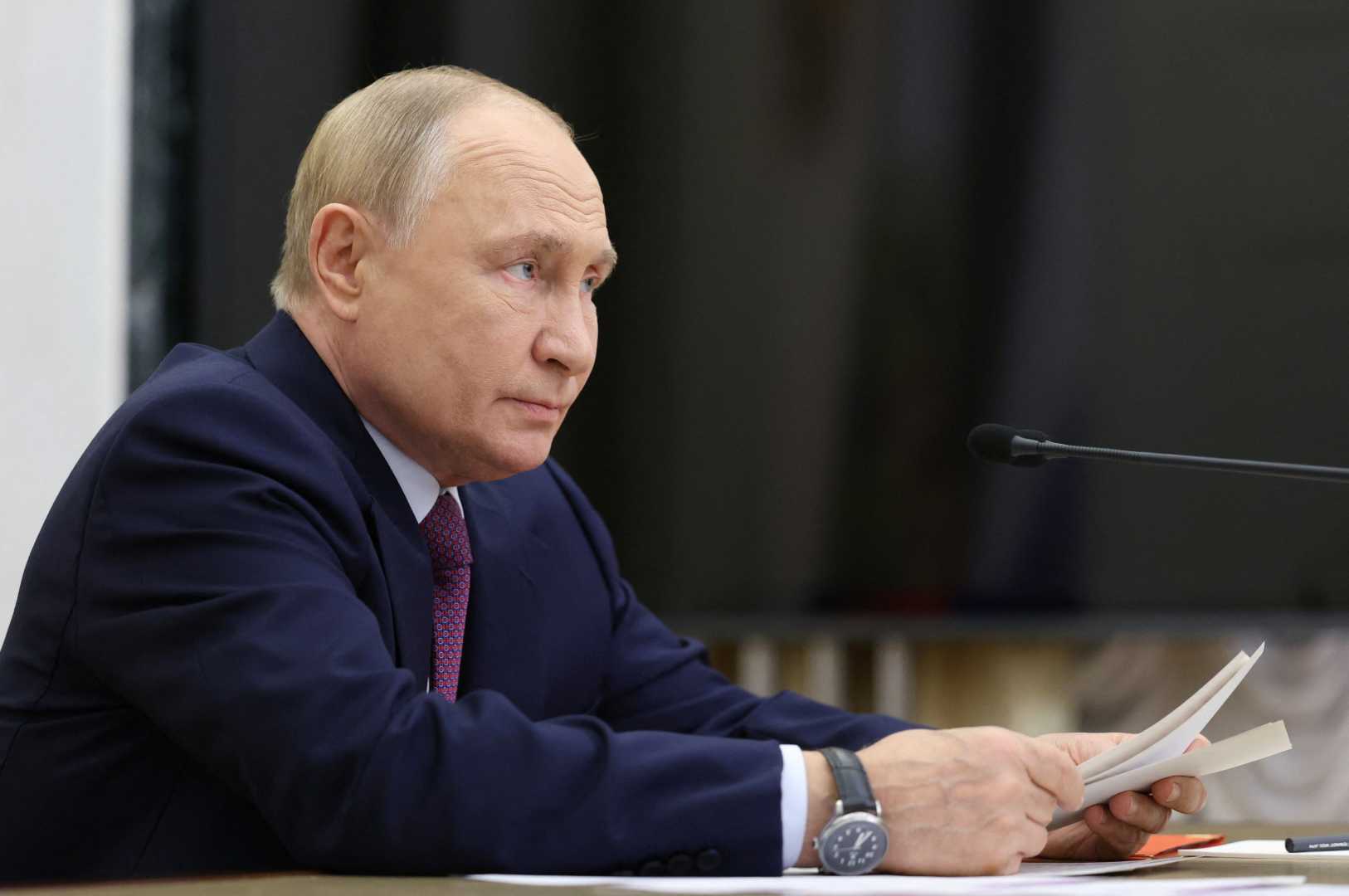World
Putin Suggests Expanded Nuclear Doctrine Amid Western Support for Ukraine

In a significant development, Russian President Vladimir Putin has indicated that Russia may amend its nuclear doctrine, which govern the conditions for the deployment of its nuclear arsenal. This pronouncement, made during a meeting with Russia’s Security Council, comes amid ongoing tensions surrounding the war in Ukraine.
Putin suggested that any attack on Russia from a non-nuclear state, if backed by a nuclear-armed country, would be treated as a ‘joint attack.’ This statement could be interpreted as a veiled threat to use nuclear weapons, especially given the military support Ukraine receives from Western nuclear powers such as the United States.
The Russian President remarked, “It is proposed that aggression against Russia by any non-nuclear state, but with the participation or support of a nuclear state, be considered as their joint attack on the Russian Federation.” This articulation of a potential shift in nuclear policy underscores Russia’s growing concerns over Western military aid to Ukraine.
These declarations coincide with Ukrainian President Volodymyr Zelensky‘s visit to the United States, where he is set to discuss Kyiv’s quest for long-range missiles able to target Russian military sites. This military request has been a contentious issue as Ukraine continues efforts to repel Russian advances and assert control over contested territories.
Ukrainian officials have dismissed Putin’s threats as “nuclear sabre-rattling.” Andriy Yermak, Zelensky’s chief of staff, branded the threats as “nuclear blackmail” aimed at deterring support for Ukraine. The United States, a key ally of Ukraine, described the comments as “totally irresponsible,” according to U.S. Secretary of State Antony Blinken in an interview with MSNBC.
Amid this geopolitical tension, China, a notable ally of Russia, has also called for calm. Reports suggest that Chinese President Xi Jinping has advised caution regarding the use of nuclear capabilities.
The proposed changes to Russia’s nuclear doctrine would mark a significant shift. Kremlin spokesperson Dmitry Peskov indicated that the amendments serve as a “warning to the West” regarding the consequences of supporting attacks on Russia using various means, even those that are non-nuclear.
This development has drawn international attention, especially as President Zelensky addresses the United Nations General Assembly, seeking broader support and the green light for the use of Western long-range missile systems.












